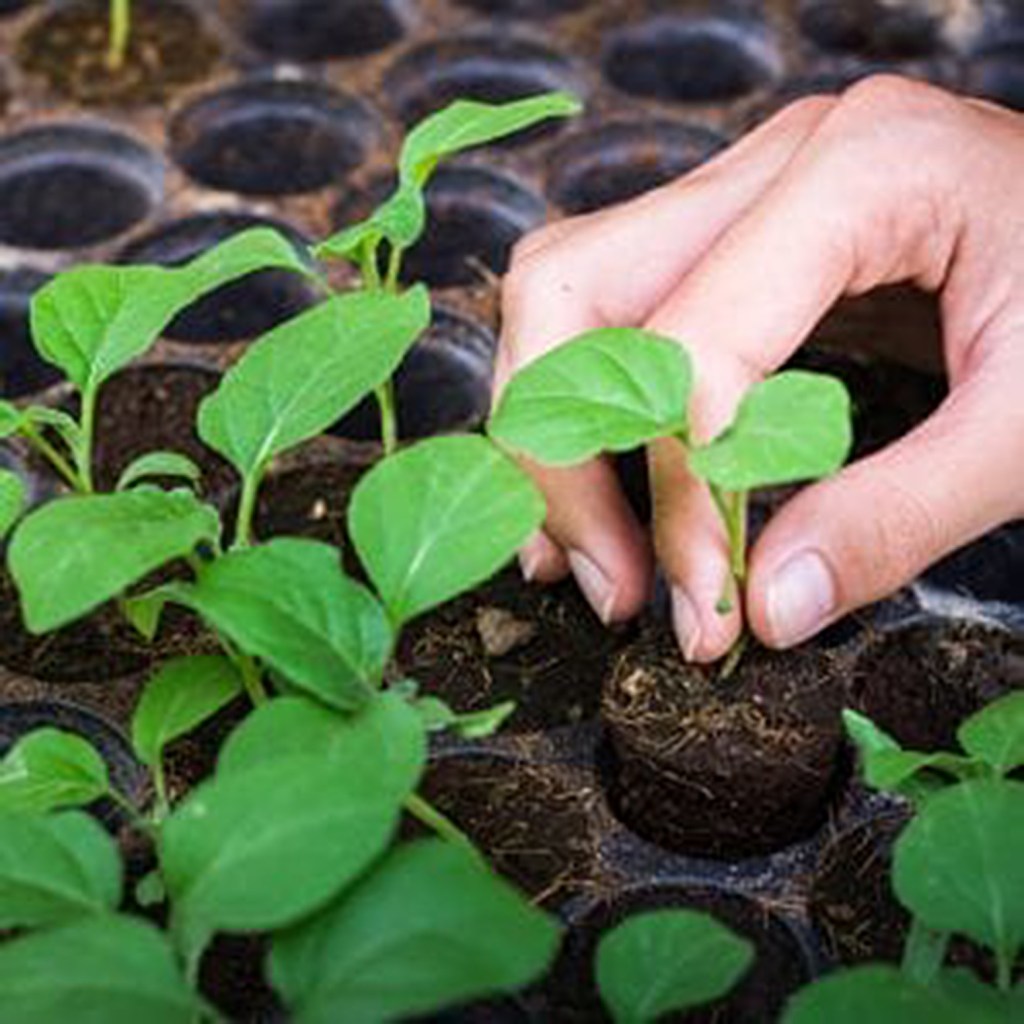THE GARDEN SPOT: Increasing gardening success
Published 7:30 pm Wednesday, May 8, 2019

- Gardening can be relatively simple if you know your soil's health, put healthy plants in the ground and know how to fight disease.
According to the National Gardening Association, 35% of households in the U.S. grow food either at home or in a community garden. This means 2 million more families are involved in gardening, up 200% since 2008.
The benefits of gardening are well-documented — exercise, stress relief, healthy food, sense of achievement, horticultural therapy and more. Gardening can sometimes be so frustrating, however, that you feel like it is a detriment to your health. Battling disease, insects, weather conditions, careless neighbors and wildlife all contribute to an unhappy gardening season.
Ensuring garden success begins before you ever plant anything. Soil testing is the first step to growing anything, whether it is turf grass, peach trees, petunias or even squash. Without knowing what your soil pH is, you have no way of knowing what nutrients are available to plants and if you need to lime or not.
By specifying what you want to grow on the soil test form, you can ensure the soil lab will tell you exactly what your soil needs to grow your plants successfully. Soil test kits are available at our office and are free to take with you. To have your soil tested, you must include a $7 check with each sample.
Once your soil test is received, read and followed, the next step is preparing the garden or landscape area. Adding organic matter is never a bad idea. In the South, it is very difficult to maintain a high level of organic matter, so adding it is beneficial.
Organic matter may be compost, soil conditioner, manure, humus, peat moss, etc. Organic matter increases drainage, reduces soil compaction, increases beneficial soil organisms, improves moisture/nutrient holding capacity and improves soil structure and tilth.
Once your soil is prepared, and you have determined what you want to grow, it is time to pick out your plants.
I know many of us enjoy rescuing things, but when it comes to the garden, leave the sick, neglected and struggling plants at the store. Do not bring problems home. You will have the opportunity to battle the bugs and disease, trust me.
Look for vibrant plants free of stress. Wilting plants, yellowing or browning leaves, spots of any kind and insect presence are all reasons to bypass plants. When selecting garden transplants and annuals, stay away from the long and leggy. Look for healthy, robust plants that do not appear to have been struggling for light at one point.
Not all of us have an endless amount of garden space. Many of us are limited to raised bed gardens or small landscape beds. We all want to make the biggest impact with the space we have, but we must follow spacing recommendations when planting.
Spacing is very important because it takes into consideration the size of the plants at maturity. Crowding plants together will cause problems. If you don’t believe me, plant tomatoes too close together and see how fast early blight, septoria leaf spot and other diseases over take your plants.
Once plants are in the ground and established, the gardener’s work has just begun. Scouting your garden and beds is very important. Many garden ailments can be controlled or managed, but you need to be able to recognize when there are problems.
Controlling aphids before the populations explode is simple. Removing a few leaves from your tomatoes is also very easy to stop the spread of early blight. However, minor things become major things when left without control.
These are just a few pointers that can help you become a better and less frustrated gardener.
— Becker is the Extension coordinator for Limestone County. For information on topics related to the home and garden, contact any office of the Alabama Cooperative Extension System. The Limestone County Office is located at 1109 W. Market St. in Athens. Office hours are 8 a.m.–4:30 p.m. Monday through Friday. For more information, call 256-232-5510 or visit www.aces.edu.





